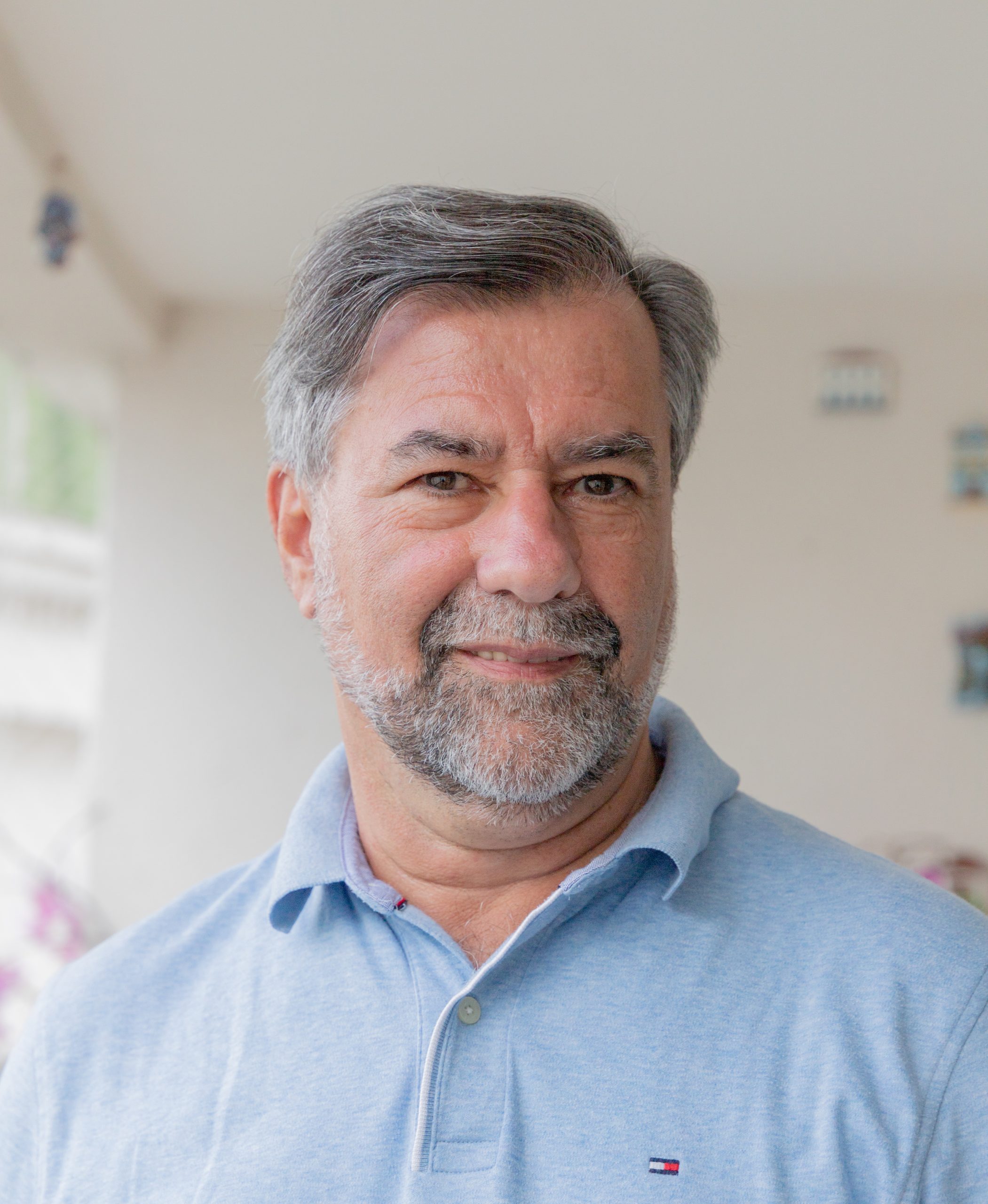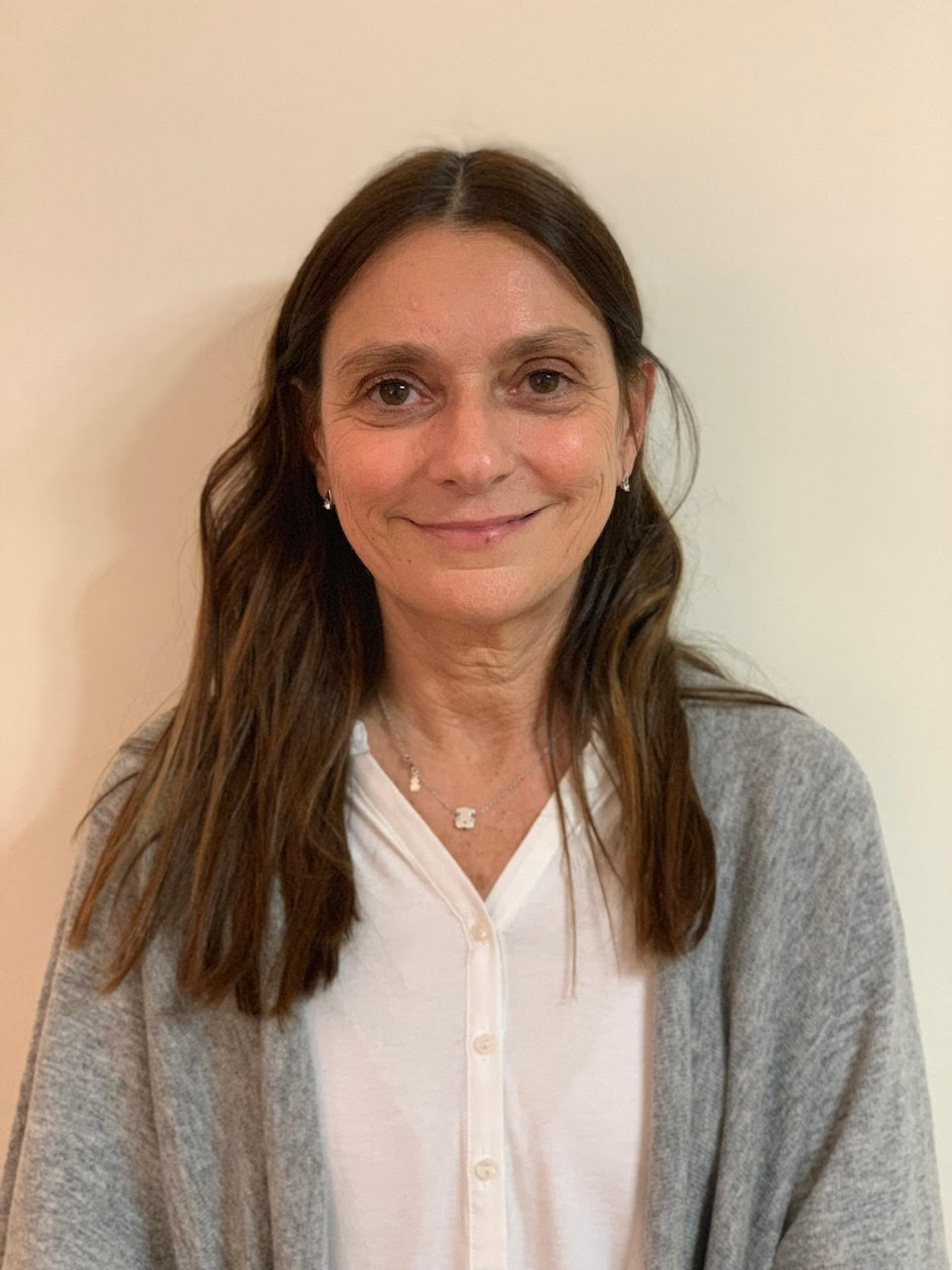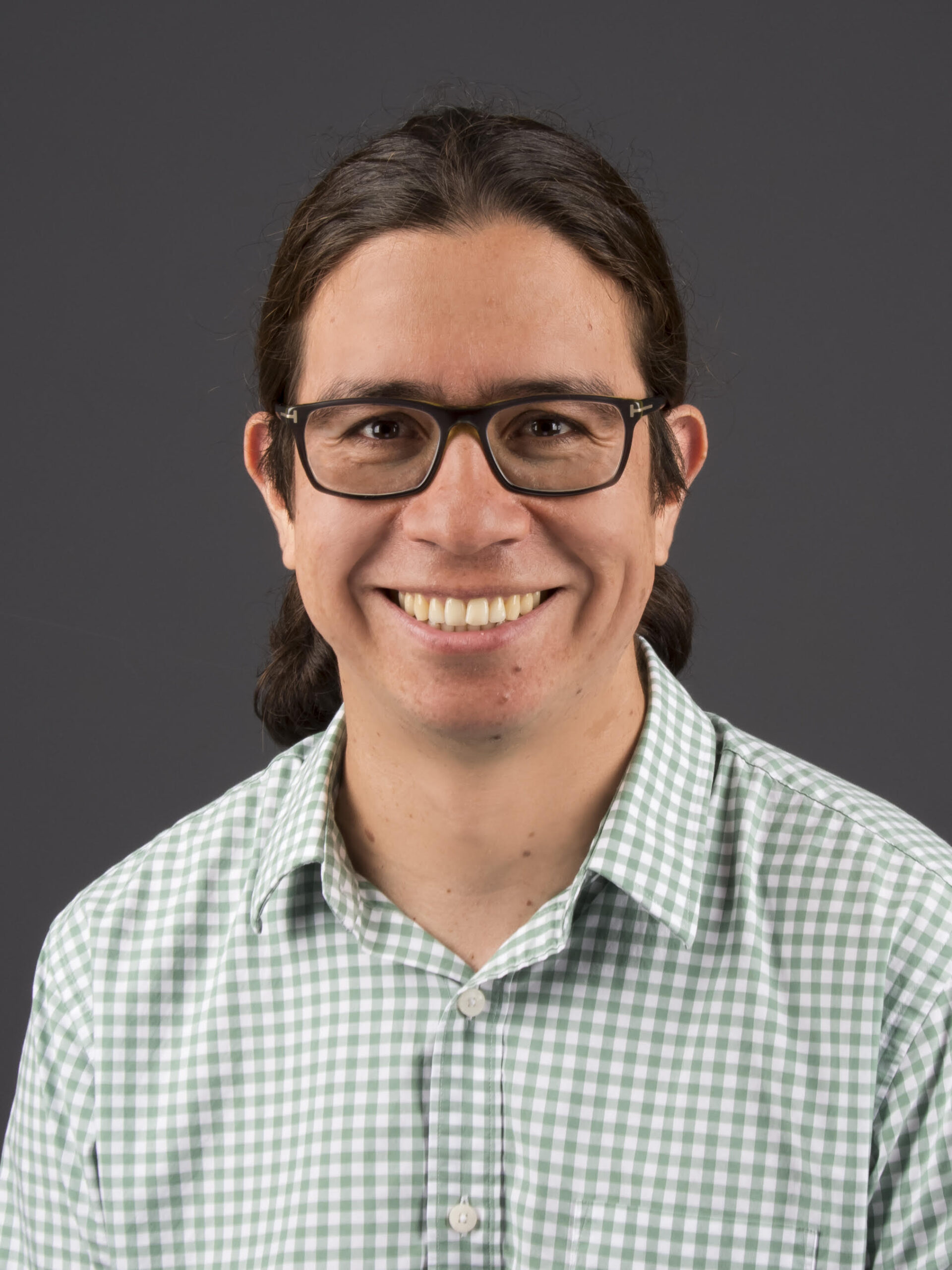- Date: Wednesday, July 29th, 2020.
- Time: 08:00 – 09:30 am (CST, hour in Costa Rica)
Check the time according to your location: https://bit.ly/3fAzBUY
Agenda
Introduction. Eduardo José Sánchez Sierra. Coordinator of the Secretariat, LEDS LAC Platform.
The role of Solar Radiation Modification (SRM) in mitigating the effects of climate change. Paulo Artaxo. Professor of Physics, University of Sao Paulo.
Research on SRM in Latin America and the Caribbean. Inés Camilloni. Associate Professor, Department of Atmospheric and Ocean Sciences, University of Buenos Aires, Argentina. |Download presentation
Governance gaps, challenges and possible scenarios. Juan Moreno-Cruz. Associate Professor at the School of Environment, Business and Development, University of Waterloo, Canada. |Download presentation
About the webinar
Current commitments made under the 2015 Paris Agreement on climate change are insufficient to keep global warming below 2°C, and according to the Intergovernmental Panel on Climate Change (IPCC), much greater ambition is necessary. In response, scientists and other stakeholders are considering the viability several solar radiation modification (SRM) techniques. These aim to reflect solar radiation (sunlight) back into space or allow more heat to escape Earth’s atmosphere in order to counter some of the effects of climate change by reducing the global temperature.
SRM approaches would not address the causes of climate change and so cannot be substitutes for reducing emissions or removing carbon dioxide (CO2) from the atmosphere. At best, they might ‘buy time’ while those essential measures are accelerated.
However, the international community does not yet know enough about the risks, costs and potential benefits, or governance requirements, to understand if SRM approaches could be viable, or – if so – whether, when or how to deploy them.
In this context, the webinar will present the principles of stratospheric aerosol injection and marine cloud brightening, two of the main SRM approaches. During the discussion, we will address the potential benefits and risks of SRM, their governance challenges and present the initial findings of ongoing research on the hydrological impacts of SRM in La Plata Basin.
The webinar will be held in Spanish and English. Simultaneous translation will be offered. If you have any questions about this event, please contact the LEDS LAC Platform Secretariat: info@ledslac.org.
About the panelists

Paulo Artaxo
Paulo Artaxo is one of the most influential and internationally quoted Brazilian scientists. He is one of the main authors of several IPCC reports (AR4, AR5, AR6, Land Report). He has an extensive background as a researcher and is a member of several global scientific networks. He has been awarded by the World Academy of Sciences and with the title of Doctor Honoris Causa from the University of Stockholm. He is also a professor at the University of Sao Paulo and a member of the Brazilian Academy of Sciences.

Inés Camilloni
Dr. Inés Camilloni is lead author of the chapter on Impacts of 1.5°C global warming on natural and human systems in the IPCC Special Report on Global Warming of 1.5°C (SR15) and the chapter on Short-term climate change: projections and predictability in the IPCC Fifth Assessment Report (AR5). She is a professor in the Department of Atmospheric and Oceanic Sciences at the University of Buenos Aires and a senior researcher at the Center for Atmospheric and Oceanic Research (CIMA). She has participated, led and coordinated several recognized national and international research projects related to climate variability and change.

Juan Moreno-Cruz
Associate Professor at the School of Environment, Enterprise and Development and the Canada Research Chair in Energy Transitions at the University of Waterloo. He is also a CESifo Research Affiliate. Prior to his current position, he was an Associate Professor in the School of Economics at the Georgia Institute of Technology (2011-2017). He has also been a Visiting Researcher in the Department of Global Ecology of the Carnegie Institution for Science at Stanford University (since 2015); an Advisor for Carnegie Energy Innovation (since 2017), and a Research Associate of Harvard University’s Solar Geoengineering Research Program.